Tesco UK is to roll out a large-scale farm carbon-cutting initiative with some of its largest vegetable suppliers.
For the farms involved, the project is aimed at securing a 20% drop in on-farm emissions at no extra cost to the farmer.
It will involve the use of low-carbon fertilisers manufactured from material including food waste, chicken litter, fire extinguisher waste and algae.
The work is aimed at increasing the UK’s food security and to cut the carbon footprint of the supermarket’s vegetables, while also insulating farmers from high conventional fertiliser prices.
Field trial
The commercial field trial will involve five of Tesco’s major fresh produce suppliers and will identify the most environmentally friendly and cost-effective alternatives to conventional fertiliser.
Under the initiative, some 70,000t of field veg - including lettuces, carrots and potatoes - grown using low-carbon alternatives will hit Tesco shelves in 2023.
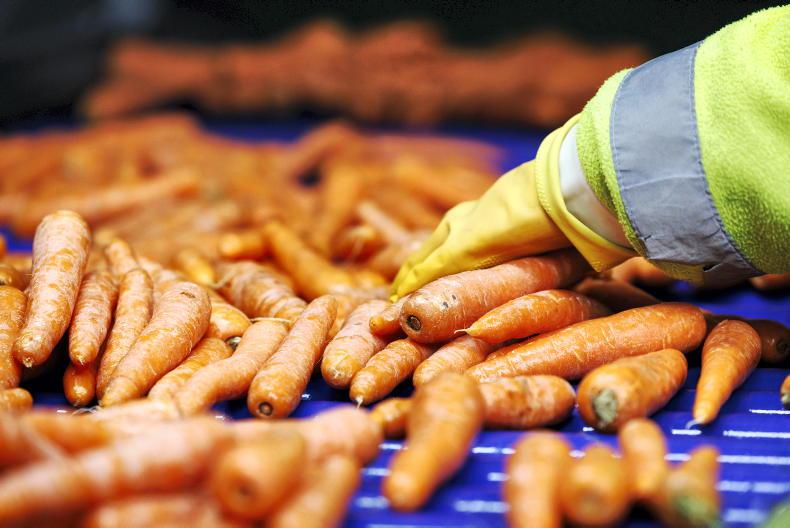
Some 70,000t of produce will be grown under the initiative in 2023. \ Donal O'Leary
Eight promising fertiliser alternatives will be used across 1,300ha in the 2023 growing season, with plans to scale up to a minimum of 4,000ha in 2024 across Tesco’s field veg suppliers.
Tesco UK said that with chemical fertiliser costs rising by as much as 140% over the last year, low-carbon fertilisers could also be a cost-effective alternative for farmers struggling with shortages caused by the war in Ukraine.
The UK currently imports around 60% of the fertiliser it needs, while UK production has recently been hit by the closure of chemical fertiliser plants.
The Tesco initiative aims to accelerate uptake and create a roadmap to scaling low-carbon alternatives.
Future
Tesco UK said it also plans to introduce the low-carbon alternatives to other produce areas, including wheat and barley, where emissions linked to conventional fertiliser account for more than 60%, as well as grasslands in beef, dairy and lamb supply chains.
The first year of the roll-out will produce up to 70,000t of fresh produce, growing to 200,000t in 2024.
Tesco UK group quality director Sarah Bradbury said: “Fertilisers are a large source of emissions in farming, but high prices and uncertainty have made it hard for farmers to take advantage of low-carbon alternatives.
“We hope that by working with our suppliers, our learnings from this roll-out of low carbon fertilisers can prove their potential to cut emissions and demonstrate what it would take to scale up production in the UK.”
Read more
Tesco UK supports pig sector with £10m package
Tesco UK is to roll out a large-scale farm carbon-cutting initiative with some of its largest vegetable suppliers.
For the farms involved, the project is aimed at securing a 20% drop in on-farm emissions at no extra cost to the farmer.
It will involve the use of low-carbon fertilisers manufactured from material including food waste, chicken litter, fire extinguisher waste and algae.
The work is aimed at increasing the UK’s food security and to cut the carbon footprint of the supermarket’s vegetables, while also insulating farmers from high conventional fertiliser prices.
Field trial
The commercial field trial will involve five of Tesco’s major fresh produce suppliers and will identify the most environmentally friendly and cost-effective alternatives to conventional fertiliser.
Under the initiative, some 70,000t of field veg - including lettuces, carrots and potatoes - grown using low-carbon alternatives will hit Tesco shelves in 2023.

Some 70,000t of produce will be grown under the initiative in 2023. \ Donal O'Leary
Eight promising fertiliser alternatives will be used across 1,300ha in the 2023 growing season, with plans to scale up to a minimum of 4,000ha in 2024 across Tesco’s field veg suppliers.
Tesco UK said that with chemical fertiliser costs rising by as much as 140% over the last year, low-carbon fertilisers could also be a cost-effective alternative for farmers struggling with shortages caused by the war in Ukraine.
The UK currently imports around 60% of the fertiliser it needs, while UK production has recently been hit by the closure of chemical fertiliser plants.
The Tesco initiative aims to accelerate uptake and create a roadmap to scaling low-carbon alternatives.
Future
Tesco UK said it also plans to introduce the low-carbon alternatives to other produce areas, including wheat and barley, where emissions linked to conventional fertiliser account for more than 60%, as well as grasslands in beef, dairy and lamb supply chains.
The first year of the roll-out will produce up to 70,000t of fresh produce, growing to 200,000t in 2024.
Tesco UK group quality director Sarah Bradbury said: “Fertilisers are a large source of emissions in farming, but high prices and uncertainty have made it hard for farmers to take advantage of low-carbon alternatives.
“We hope that by working with our suppliers, our learnings from this roll-out of low carbon fertilisers can prove their potential to cut emissions and demonstrate what it would take to scale up production in the UK.”
Read more
Tesco UK supports pig sector with £10m package






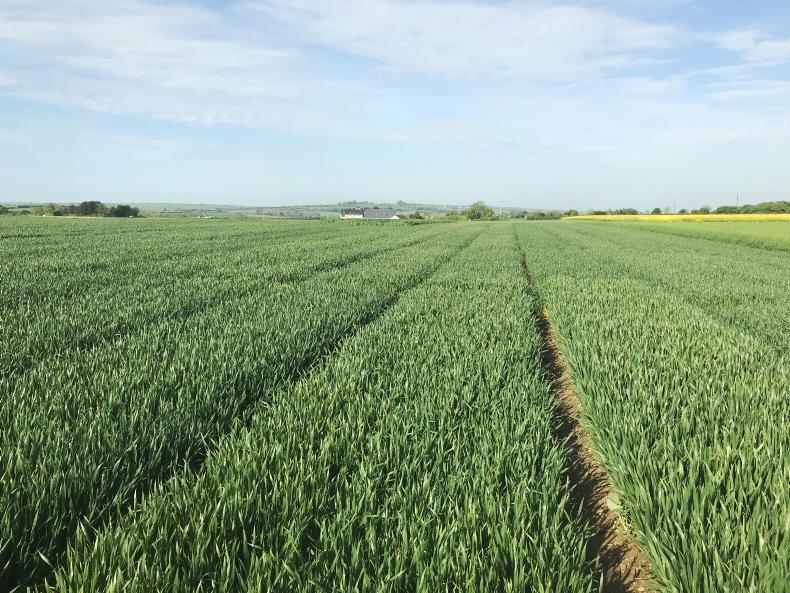

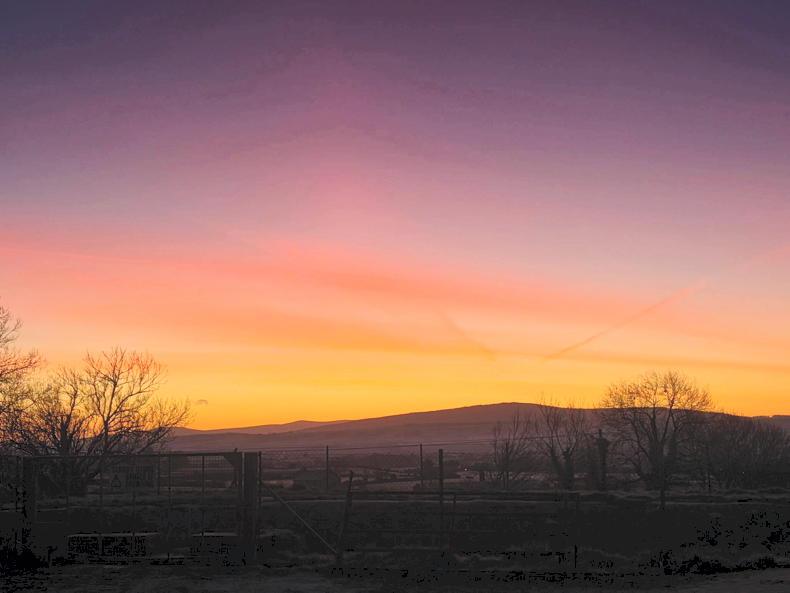
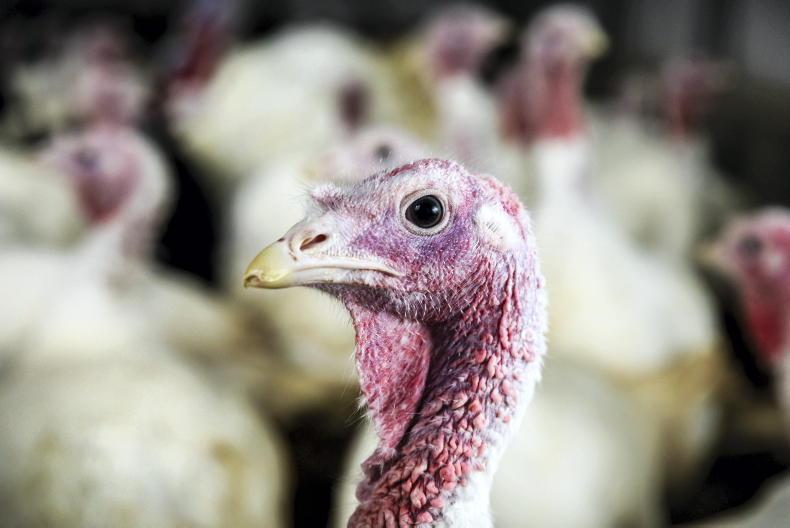
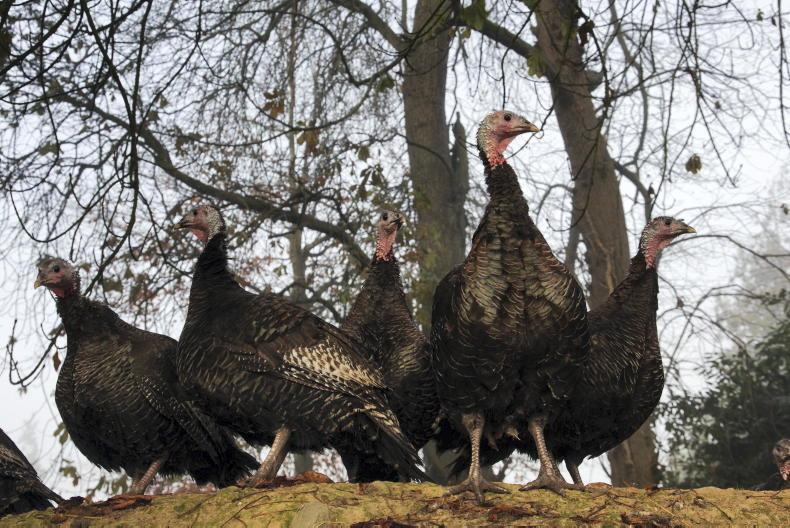
SHARING OPTIONS